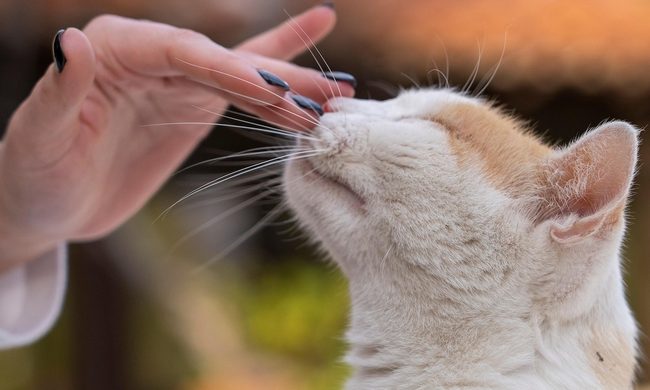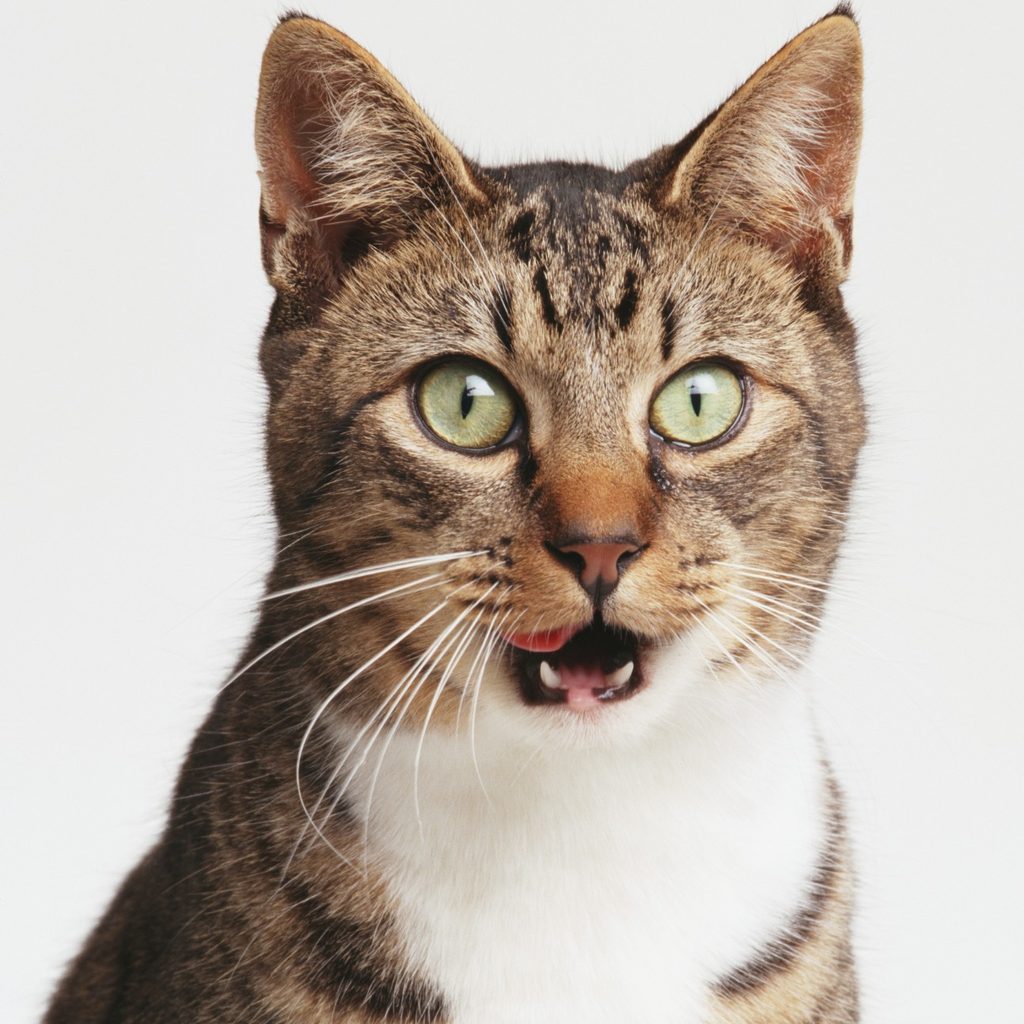
Your sweet furry friend is a wealth of enjoyment and entertainment — from funny sleeping positions to those precious purrs. Cat behavior can be somewhat of a mystery for even the most dedicated kitty lovers, though, and those feline feelings can lead to physical manifestations that puzzle us.
If you’ve ever looked at your cat and noticed a swelling on the upper or lower lip, here’s what you need to know: This common occurrence isn’t something to worry about, but it isn’t something to ignore, either. While your vet checks your cat’s health, you can read up on this confusing condition. Here’s what causes a cat’s swollen lip.
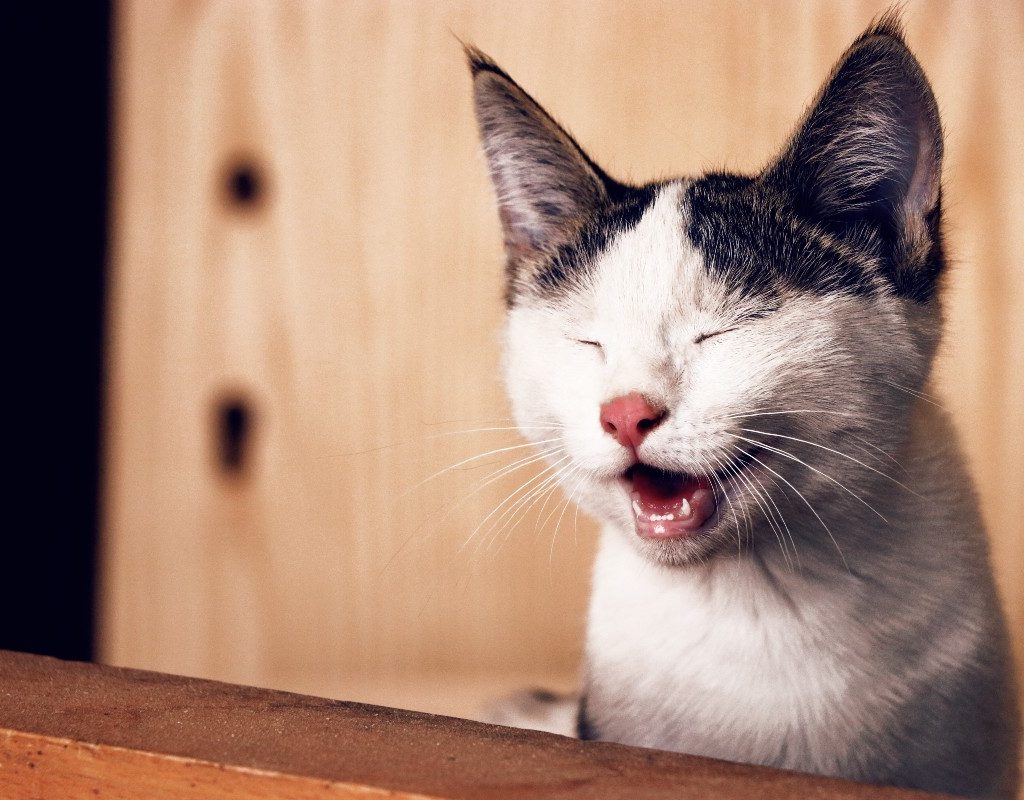
Why is my cat’s lip swollen? There are many causes of this symptom, but it’s usually easy to diagnose
Swelling on the upper or lower lip happens often, especially for young cats who love to explore and get into things. There could be a variety of causes for changes in your cat’s appearance, so the most important thing to remember is to get her checked and diagnosed by a vet you trust.
While you’re waiting for your appointment, let’s take a look at some of the possible conditions that could be causing your cat’s swollen lips.
Allergies
Animals can experience allergies just like humans, which sometimes lead to symptoms such as swelling in soft tissues, including the lips. Whether it’s food or environmental allergens, like dust, your veterinarian can help you narrow down possible causes and build treatments to keep your cat comfortable and safe. If you’ve ever been tested for allergies, you know what we’re talking about!
Dental conditions
If your cat seems to be struggling with eating — or avoiding it altogether — that swollen lip could be a symptom of an underlying dental issue. Sometimes, a dental abscess (an infected pocket in your cat’s gum) or patch of tooth rot will cause swelling that pushes the lip out. Your veterinarian may recommend a course of antibiotics to deal with the infection or they might need dental surgery and cleaning. Think of this as just one more reason to stay on top of your pet’s dental care.
Chin acne
Chin acne is another way to describe infected hair follicles on your cat’s chin. If they occur far enough toward the mouth, the swelling appears to be in the lips. Your veterinarian can find the issue and recommend a topical treatment to handle the infection. Skincare isn’t just for people.
Eosinophilic granuloma complex
Eosinophilic granuloma complex may be a mouthful, but it refers to a pretty simple condition: When your cat has an allergic reaction to a bite from an insect like a flea, mosquito, or mite. The site of the bite may swell up, and it will become red and itchy. In some cases, the bite site stays barely noticeable, but in others, it can result in a large ulcer. Lesions often develop along your cat’s gums and in her mouth, though they can also be located on the hind legs and stomach. Your cat may lick and scratch at the lesions, so you could see hair loss, too.
Your vet will diagnose this condition with tests like a needle aspirate and a biopsy. He may prescribe medications to help control the condition, but other steps, such as implementing a flea control program and putting your cat on a hypoallergenic diet, might also help. Once your cat has developed this condition, she will be likely to get it again in the future, so prompt treatment and good management of her environment are important.
Cancer and tumors
No one wants to hear that word, but there is a small chance your cat has developed a tumor on the upper or lower lip that’s causing swelling. Again, your veterinarian can assess to determine if it’s a cancerous tumor or simply a growth. Various treatments are available, including surgeries, and your vet will help you find the best path to maintain the quality of life for your cat moving forward. This is most commonly seen in elderly cats.
Physical injury
It’s possible your cat may have fallen and injured her mouth, resulting in the swelling that you’re seeing. A fall can also cause tooth injuries and damage to the interior of your cat’s mouth that may need treatment. If you’re able, taking a peek at (or even in) your cat’s mouth can be super helpful.
Other causes
Sometimes the cause is straightforward and requires no further treatments. If it’s mosquito season, your cat may simply have a bite, and the swelling will go down in a few days. Your pet may have also sustained a minor injury or scratch that’s causing swelling. Watch the swelling for a few hours to a day to see if there are changes. If she will allow you, inspect the swelling site to see if you can see a bump, bruise, bite, or even an attached insect like a tick. Clean the area thoroughly if you can to help avoid further infections.
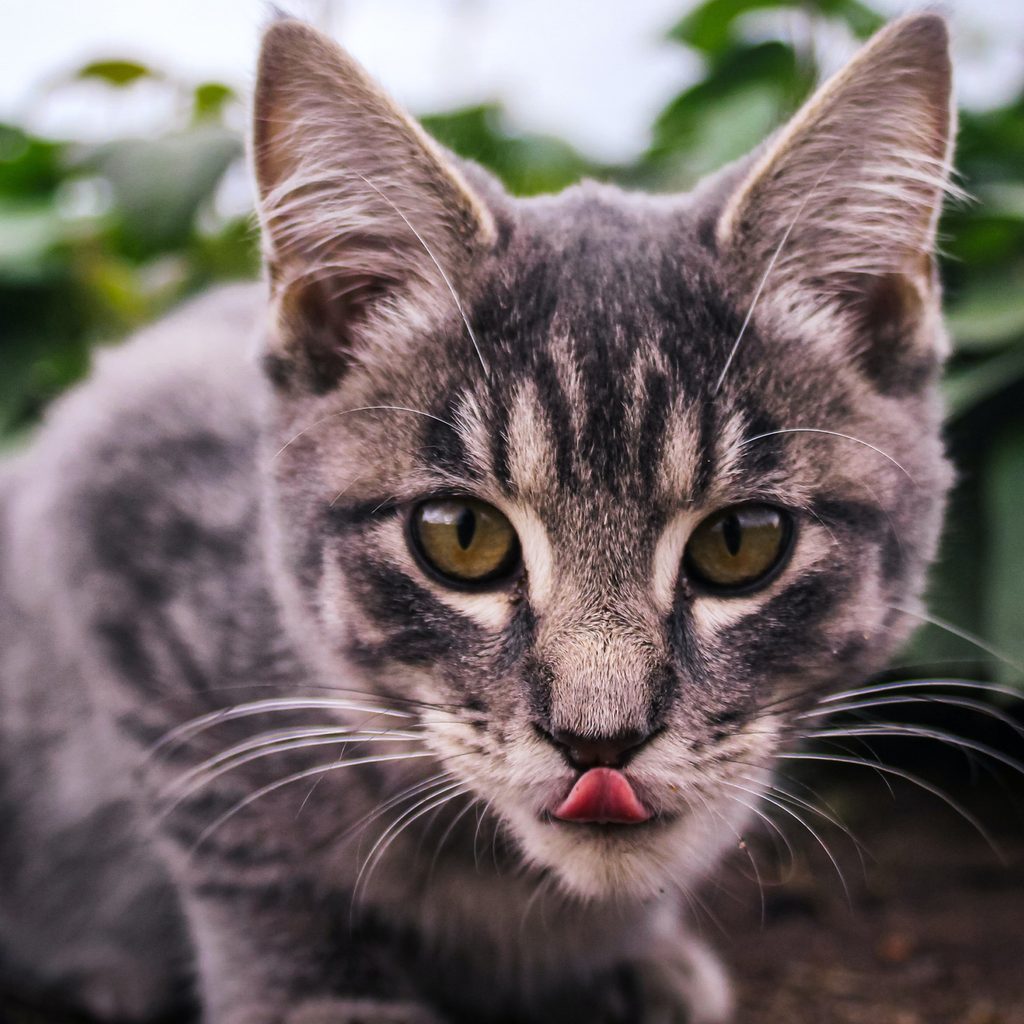
Why is my cat’s mouth swollen on one side?
Many of these conditions only occur in a small area of the mouth, so noting exactly where you see swelling can actually help narrow it down before you seek medical intervention. For example, allergies will likely present fairly consistently across the lip, but a tick will lodge itself in one specific spot where you will notice a bump (not to mention, its body sticking out).
Other conditions may present on one side or both depending on the severity and the location of the inciting issue. Remember, any swelling that doesn’t have an obvious cause or doesn’t go down quickly should mean a call to the cat doctor.
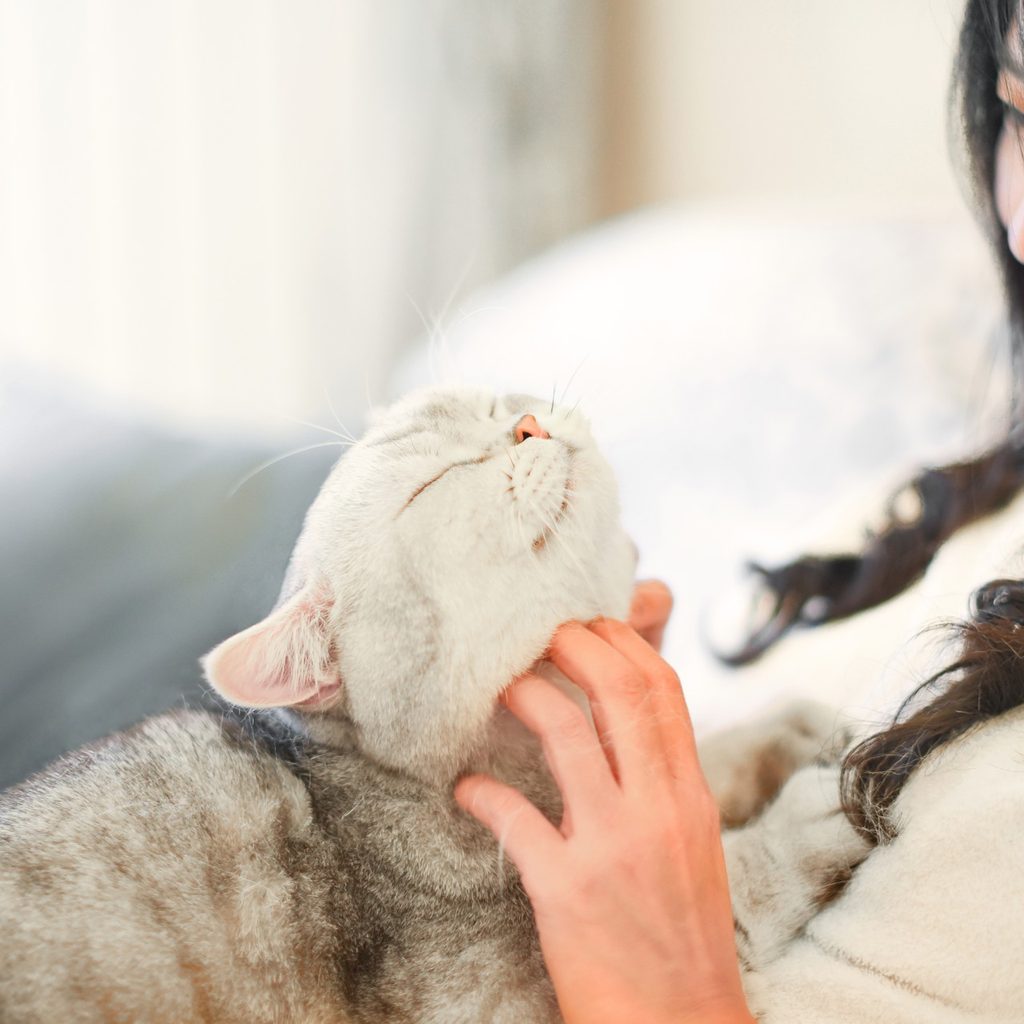
Look for these symptoms associated with a cat’s swollen lip
If your cat has a swollen lip, you’ll also want to check to see if they are exhibiting some other symptoms as well, according to Natural Pets HQ. Additional symptoms could indicate that something more is going on. Be sure to look for things like:
- Red gums
- Scabs or sores around the mouth
- Mass of any kind
- Bleeding or oozing
- Bad smell in the mouth
- Drooling
- Decreased eating or drinking
These are all signs that should prompt you to take your cat to the vet.
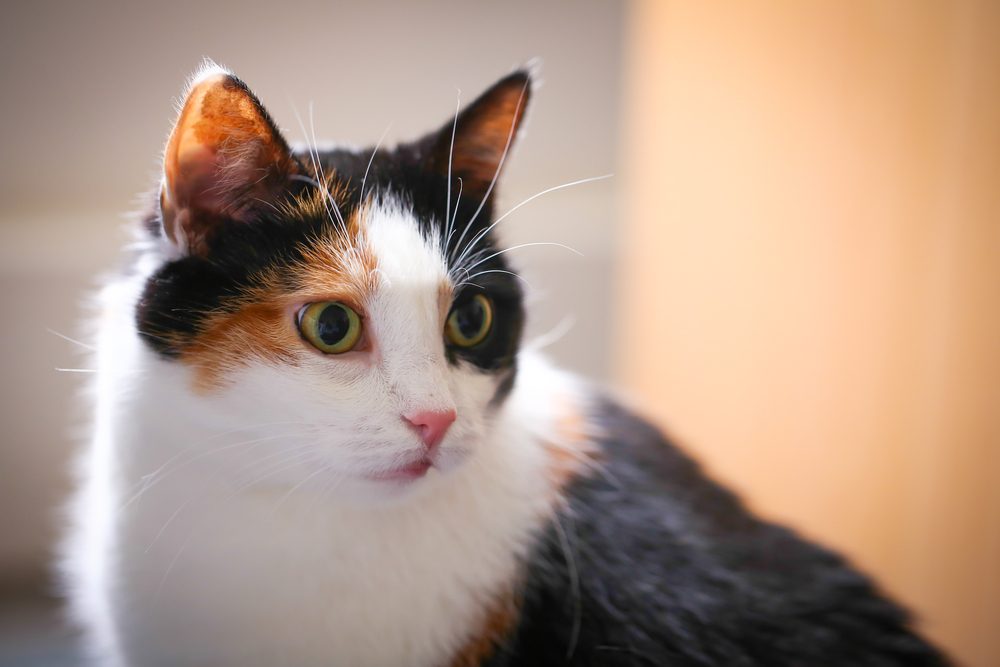
Caring for your cat’s swollen lip at home and at the veterinarian’s office
As soon as you spot your cat’s swollen lip, you should go into monitoring mode. Try to discover an obvious cause — if you saw her playing aggressively with another animal in the house that might be it. When there’s no obvious cause for the swelling, it’s time to check with your vet.
Don’t ignore a swollen lip. Even if you suspect something minor, watch the area and seek medical attention for your cat if it doesn’t seem to improve in a few days. The underlying condition could be serious, and the earlier you diagnose it, the better chance your cat has to recover.
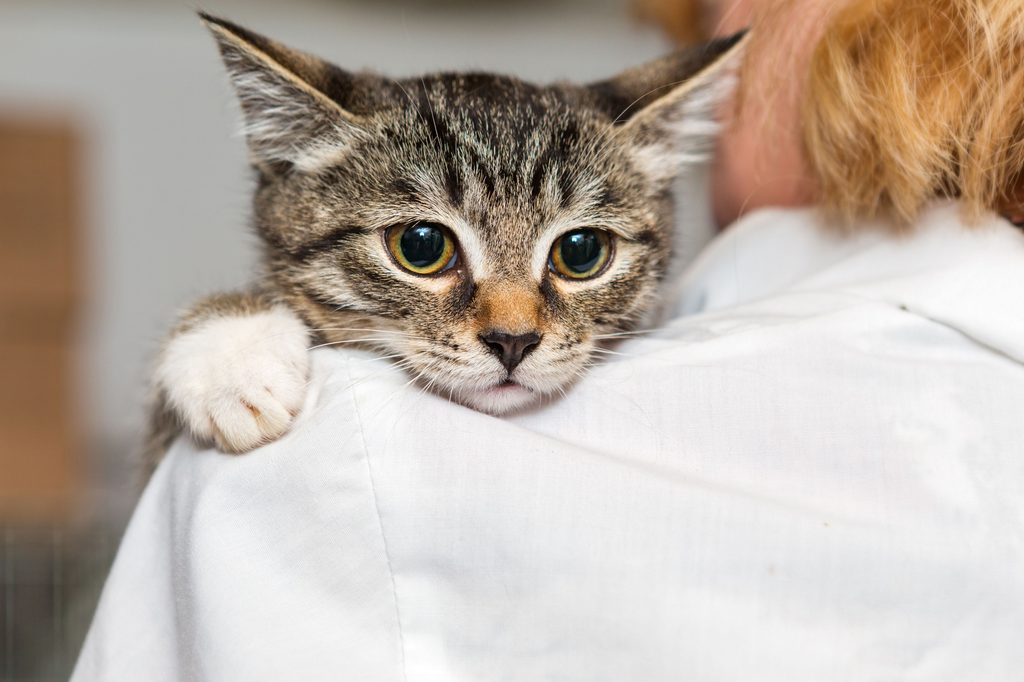
Can I give my cat Benadryl for a swollen lip?
Cats don’t always show signs of distress or pain, so it’s up to you to watch your cat and learn what’s normal. If you notice something amiss, you can catch those symptoms early and do something about them. Your cat’s swollen lip isn’t just a pout. Keep an eye out for your sweet friend, and you’ll be able to enjoy the best life possible together. Those little symptoms are significant clues to your cat’s health and well-being, so be your cat’s advocate.




